


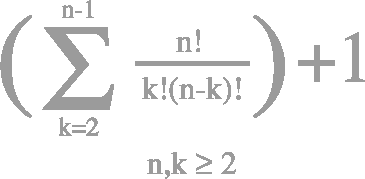


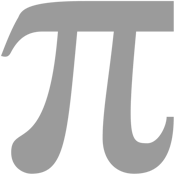

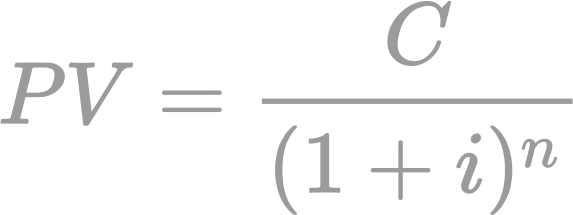
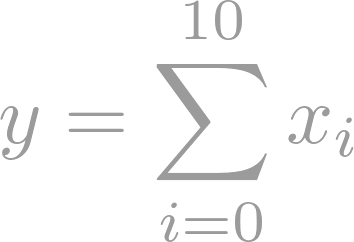
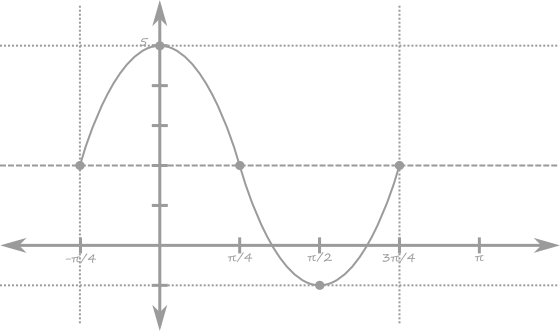
| Course Code | Course Name | No. of Credits | Course Weighting |
|---|---|---|---|
| MATH6310 | Complex Variables | 6 | 85% exam, 15% two in-course tests |
| MATH6620 | Topology | 6 | 70% exam, 30% two in-course tests |
| MATH6800 | Research Project | 8 | 100% |
| MATH6110 | Functional Analysis | 6 | 70% exam, 30% two in-course tests |
| MATH6120 | Theory of Integration | 6 | 80% exam, 20% two in-course tests |
| Course Code | Course Name | No. of Credits | Course Weighting |
|---|---|---|---|
| STAT6220 | Multivariate Statistics | 6 | 80% exam, 20% two in-course tests |
| STAT6510 | Stochastic Processes | 6 | 70% exam, 30% two in-course tests |
| STAT6520 | Time series and Forecasting | 6 | 70% exam, 30% two in-course tests |
| MATH6010 | Group Theory | 6 | 70% exam, 30% two in-course tests |
| M62B | Mechanics | 6 | 70% exam, 30% two in-course tests |
| MATH6410 | Algebraic Number Theory | 6 | 70% exam, 30% two in-course tests |
| MATH6420 | Analytic Number Theory | 80% exam, 20% two in-course tests | |
| MATH6610 | Geometry | 6 | 70% exam, 30% two in-course tests |
| MATH6720 | History of Mathematics | 6 |
MATH6310 |
Complex Variables |
The course develops the properties of the complex number system, treated as a generalisation of the real number system. We explore the parallel analysis that results, with a particular emphasis on differentiability, analyticity, contour integrals, Cauchy’s theorem, Laurent series representation, and residue calculus.
MATH6620 |
Topology |
This course examines metric and topological spaces, continuity, completeness, and compactness, providing a theoretical foundation for further work in differential equations, probability theory, stochastic processes, differential geometry and mathematical physics.
MATH6800 |
Research Project |
Each student will work on a mathematical project under the supervision of a faculty member. The project will culminate in an oral presentation to the Department of Mathematics. The topic of the project will agreed upon by the student and supervisor.
STAT6220 |
Multivariate Statistics |
This course aims at introducing students to methods of analyzing multivariate data. It introduces students to the notion of principal components factor analysis, various multivariate distributions, analysis of variance, multivariate analysis of variance (MANOVA), multivariate regression and multidimensional scaling and cluster analysis. At the end of the course students would have also considerably improved their knowledge of applied linear algebra and matrix theory and to be somewhat competent with at least one statistical software package.
STAT6510 |
Stochastic Processes |
This course develops the ideas underlying modern, measure-theoretic probability theory, and introduces the various classes of stochastic process, including Markov chains, jump processes, Poisson processes, Brownian motion and diffusions. Their properties and applications are investigated.
STAT6520 |
Time series and Forecasting |
This course aims to introduce students to the fundamental concepts requiring for the description, modeling and forecasting of the time series data.
MATH6010 |
Group Theory |
Poetically, “Group theory is the branch of mathematics that answers the question “What is symmetry?” (N. C. Carter). Various physical systems, such as crystals and the hydrogen atom, can be modeled by symmetry groups. Group theory and the closely related representation theory have many applications in physics and chemistry. We first start by consider some main classes of groups such as permutation groups, matrix groups, transformation groups, topological and algebraic groups. We will study representation of groups and symmetry and the last part of the course is devoted to some applications of group theory such as Lie groups and the study of differential equations, and the Heisenberg, Lorentz, and Poincare groups, which play a fundamental role in modern theoretical physics.
M62B |
Mechanics |
This course aims to introduce students to classical and quantum mechanics by means of a mathematically rigorous approach. In the first part of the course we shortly introduce Newtonian mechanics and develop Lagrangian and Hamiltonian mechanics on manifolds with a particular emphasis on the underlying variational principles. The second part introduces Quantum Mechanics in an axiomatic way and is focused on the study of the spectral properties of the Schrödinger Hamiltonian for different classes of potentials.
MATH6410 |
Algebraic Number Theory |
This course aims to present a historical development of the subject area, leading to a significant partial proof of Fermat’s Last Theorem.
MATH6420 |
Analytic Number Theory |
This course focuses on the analytic proof of the prime number theory and the elementary theory of the Riemann zeta function and Dirichlet’s L-functions.
MATH6610 |
Geometry |
Geometry is a branch of mathematics concerned with questions of size, shape, relative position of figures, and the properties of space. This course aims to introduce students to the study of the above questions in curved manifolds. To this purpose, basic concepts of differential geometry with a particular emphasis to Riemannian and pseudo-Riemannian manifolds will be introduced and applied to geometric objects such as black holes and the Robertson-Walker universe, which find their roots in the theory of general relativity, i.e. the geometric theory of gravitation.
MATH6720 |
History of Mathematics |
This course will provide teachers and students of mathematics with the historical background of their discipline. It will also enable them to further studies in this area independently.
MATH6110 |
Functional Analysis |
Functional analysis is mainly concerned with the study of vector spaces and operators acting upon them. It provides powerful tools in handling several problems in applied mathematics and theoretical physics. It is also basic for the understanding and development of very many other mathematical theories like the Theory of Partial Differential Equations and the Theory of Operators. The first part of the course is devoted to a short introduction in the theory of metric spaces and to a detailed study of normed and Banach spaces and in particular to the analysis of linear operators acting upon them. The second part of the course deals with Hilbert spaces and linear operators upon them, since they play a fundamental role in applied mathematics. Finally, we look at some fundamental theorems for normed and Banach spaces such as the Hahn-Banach theorem for complex vector spaces and normed spaces and its application to bounded linear functionals; the uniform boundedness theorem, and the closed Graph theorem.
MATH6120 |
Theory of Integration |
This course considers the limitations of the Riemann integral, and shows that it it necessary to develop a precise mathematical notion of ‘length’ and ‘area’ in order to overcome them. Thus we develop the concept of measure, and use it to construct the more powerful Lebesgue integral, and explore its properties. Finally we look at applications of measure and Lebesgue integration in modern probability theory.